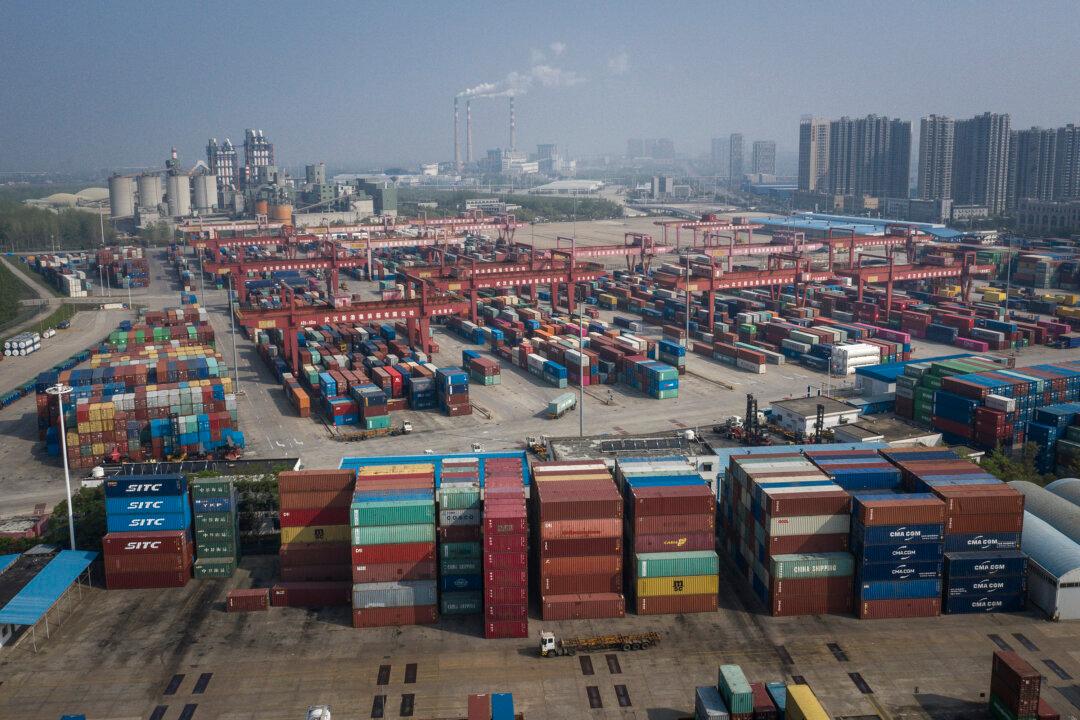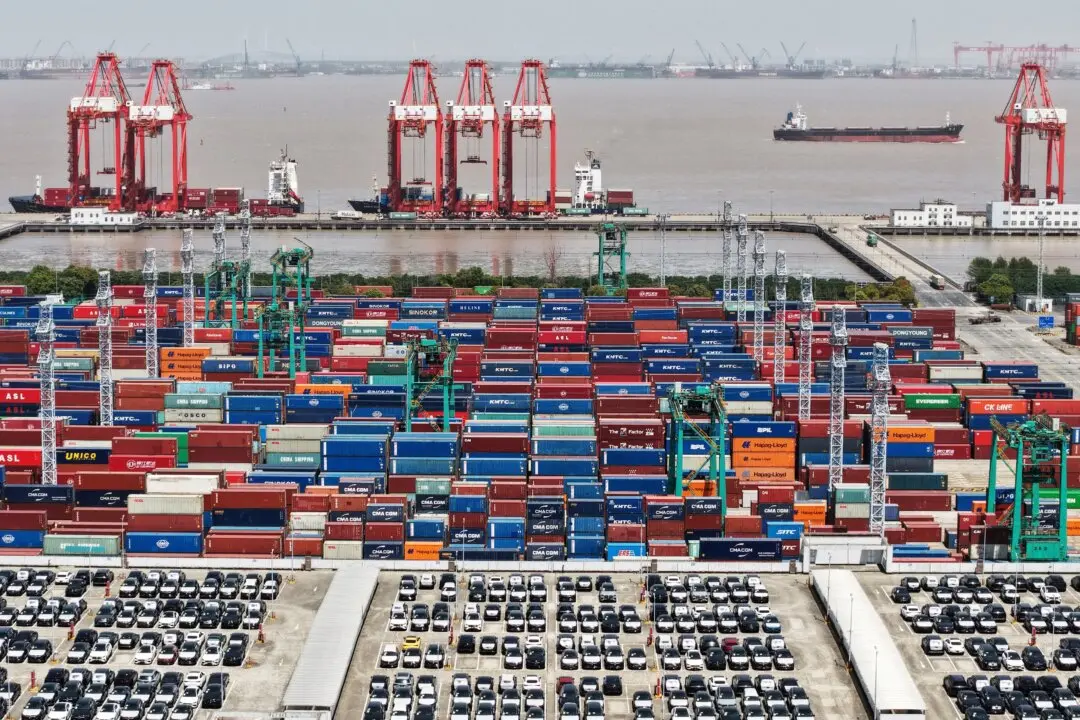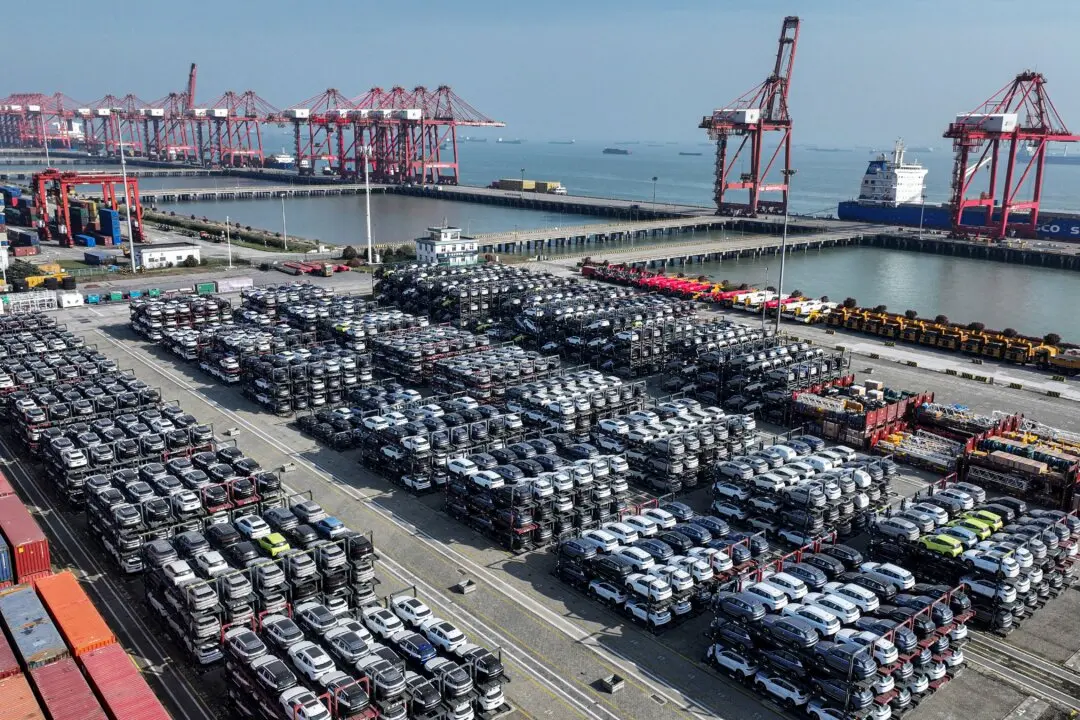Commentary
China’s communist regime seems to be making enemies everywhere. Beijing’s aggressive trade policies have already undermined its so-called goodwill in the United States, Europe, and Japan, where all have raised trade barriers against Chinese goods, and the incoming Trump administration will likely impose more barriers.





